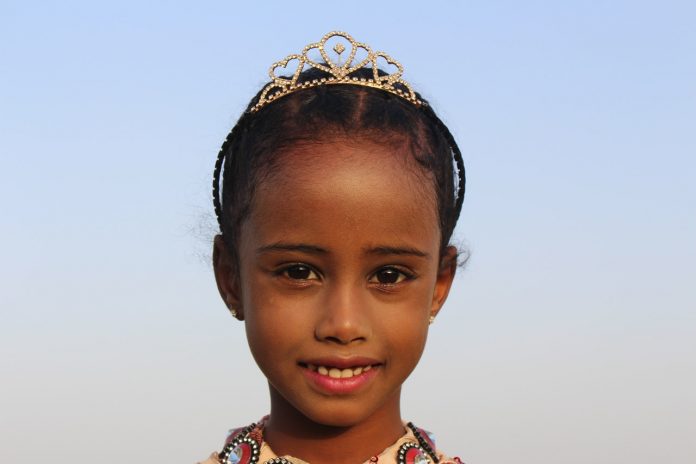Child marriage in the country climbed up during coronavirus – and now a proposed bill will allow children as young as 10 to marry.
Fardowsa Salat Mohamed was 15 years old when her cousin asked her parents permission to marry. Her dad didn’t hesitate to say yes. As Mohamed disagreed, her father asked her to chose between “a curse or a blessing.”
“That was not a choice for me, I was basically forced,” she says. “No girl would ever choose to be cursed by her parents so I had to accept the marriage,”
Mohamed, who is from the town of Baidoa in southern Somalia, was at school, hoping to become a doctor. She had to abandon whatever to be a wife. After three years, Mohamed was divorced with two kids. She’s back in her parents ‘ home now.
According to the latest government figures, 34% of Somali girls are married before they reach 18, and 16% of them before their 15th birthday.
Although kids are married for a number of factors, such as the economic advantage of dowry, a rise in child marriage cases was reported during the coronavirus pandemic, early marriage is rooted in Somali culture. An old Somali saying goes: “Gabadh ama god hakaaga jirto ama gunti rag,” which loosely translates as “a girl should either be married or in a grave”.
Marriage bellow 18 is not illegal, but Somalia’s constitution forbids it and the country has ratified many international treaties that aim to tackle it. In July 2014, the Government signed a pledge to end child marriage by 2020.
But in August, the Somali Parliament tabled a contentious bill that would authorize a child to be married after they hit puberty, which maybe 10 years old. The ban on sexual activity related offenses will still authorize marriage if the parents consented. The UN has called the bill “deeply flawed”.
The proposed bill was widely criticized after MPs discovered that it was separate from the law on sexual crimes approved unanimously in 2018 by ministers but not passed, which aimed to prohibit child abuse and essentially criminalize a wide variety of sexual offenses.
It took Mohamed five months to persuade her parents to let her get divorced. Her ex-husband was addicted to chewing khat, a relaxing leaf popular in East Africa.
“He would spend the little money he gets on khat instead of buying milk for our hungry children,” she says. “He took advantage of the support he had from my family. But I was relentless and kept on demanding until I was finally relieved.”
Even when her parents had invited her home, Mohamed had to support her kids. Her father will do only as well as he’s already working to put food on the table for his other 10 children and two wives.
Mohamed now ekes out a living selling tea on the street, putting up with the stigma associated with being a single mother. “My priorities in life have changed. My main mission now is to build a better future for my kids so that they never experience what I went through.”
Source: The Guardian
Photo by Ismail Salad Hajji Dirir Somalia from Pexels

